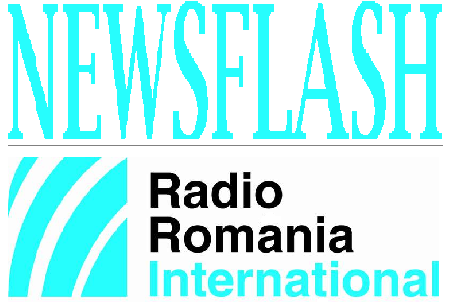January 1, 2014 UPDATE
Click here for a roundup of domestic and international news.

România Internațional, 01.01.2014, 18:58
EU LABOUR MARKET – The Romanian Foreign Ministry welcomes the full liberalisation of the EU labour market for Romanians. As of January the 1st, reads a news release, Romanians can work in all EU member states without a work permit being required. The free circulation of labour is a fundamental EU principle and a cornerstone of the single market, the Romanian Foreign Ministry also says, with positive effects on the single market and on the European integration process. In some EU member states however the EU labour market opening continues to trigger concerns. In the UK, mass media and his own Conservative Party called on PM David Cameron to postpone the liberalisation, for fear of massive migration, while in Germany the Bavarian Christian Social Union is against the lifting of restrictions.
EU PRESIDENCY – On Wednesday Greece took over from Lithuania the rotating presidency of the EU. Athens announced that the Greek presidency will focus on urgent problems like migration, employment, the banking union and maritime policy. Experts warn that Greece will have a difficult half-year presidency, marked by the still significant effects of the economic crisis and the elections for the European Parliament due in May, when euro-sceptical parties may get unprecedented scores.
DOMESTIC ECONOMY – On January the 1st Romania liberalised its land market for EU citizens. The measure enables foreign individuals to buy land in Romania. Under the new law, when a plot of land is sold, the neighbours and the Romanian state have pre-emptive purchase rights. Officials with the Agriculture Ministry say the law is designed to contribute to the merger of farming plots into larger and more profitable farms. The top foreign buyers of landed property in Romania are Italy, Germany and Arab countries respectively. The current price of farming land in Romania ranges between 2 and 18 thousand euros per hectare, significantly below the EU average of 30 thousand euro per hectare.
EUROZONE – Latvia switched to the European single currency on January 1st, to become the 18th member of the eurozone and the fourth ex-communist country, after Slovenia, Slovakia and Estonia, giving up its national currency. According to experts, Romania might adopt the European currency in 2018 at the earliest.




























